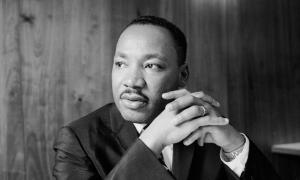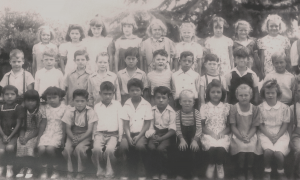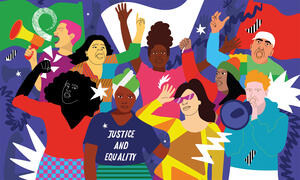text
Informational
Memories of Childhood’s Slavery Days (Chapter: Reminiscences), 1909
This text is a long reflection by a woman who was formerly enslaved. The author, Annie, grew up working in the home of her enslaver. The text gives her perspective on the experience of slavery and liberation.
December 14, 2017





